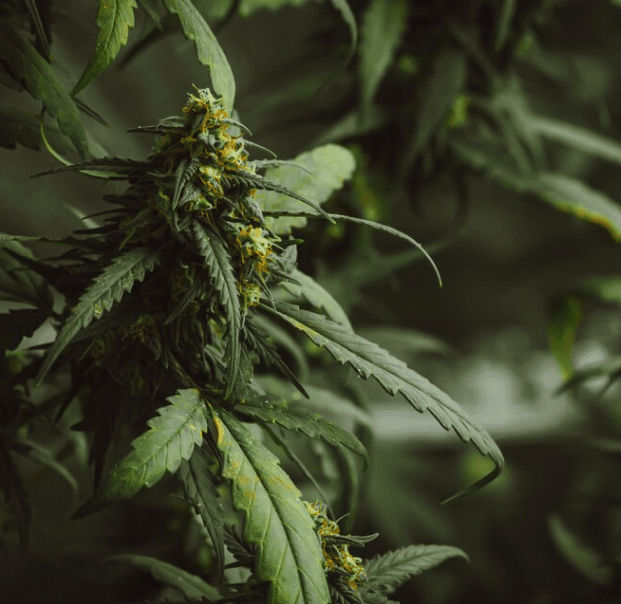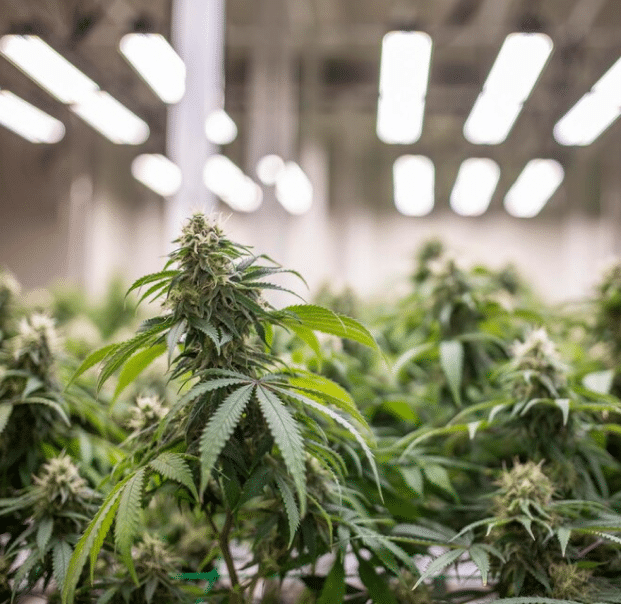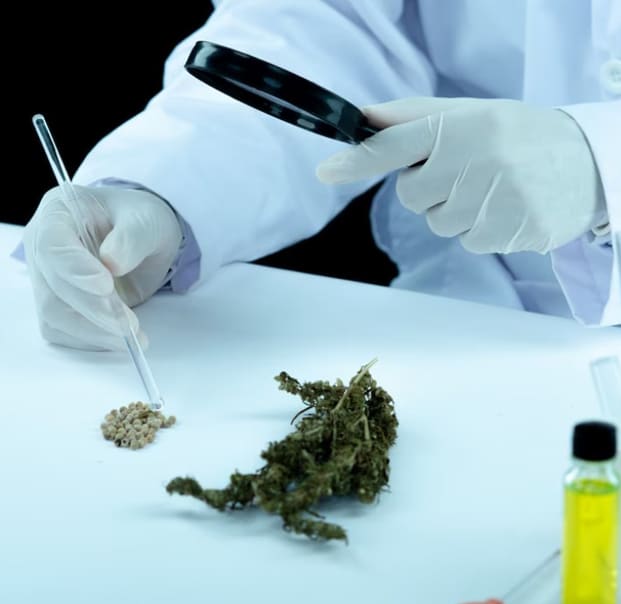How to Get a Cannabis License in Alabama
The cannabis industry in Alabama is rapidly evolving. Exploring how to get a cannabis license in Alabama involves understanding the guidelines set by the Alabama Medical Cannabis Commission. This guide provides insights and detailed steps for navigating the complex licensing process of obtaining a cannabis license in the state.
Background
Alabama’s journey towards cannabis legalization reflects a changing societal attitude towards cannabis. Understanding this history is crucial for anyone looking to enter the industry. Recently introduced, the Alabama medical cannabis program extends its support to patients with post-traumatic stress disorder, recognizing the potential benefits of medical cannabis in alleviating symptoms. Autism spectrum disorder is also among the qualifying medical conditions acknowledged by Alabama’s medical cannabis program.
Individuals suffering from chronic or intractable pain can benefit from Alabama’s medical cannabis program, which recognizes the therapeutic potential of medical cannabis in managing such conditions.
Sickle cell anemia is recognized as a qualifying medical condition under Alabama’s medical cannabis program, offering potential relief for individuals facing this challenging health condition.
To participate in Alabama’s medical cannabis program, patients must have a registered certifying physician who can assess their medical history and recommend medical cannabis if appropriate. A registered certifying physician must diagnose the patient with chronic pain, spinal cord injury, or any other qualifying terminal illness for him to qualify for Alabama’s medical cannabis program.
Note that gathering and presenting comprehensive medical records is a vital step for obtaining medical cannabis in Alabama.
Types of Cannabis Licenses in Alabama
Cultivation Licenses
Permits for growing cannabis, with various tiers based on facility size and growing conditions.
Manufacturing Licenses
Allows for processing cannabis into various products, including extracts and edibles.
Retail Licenses
Enables the operation of dispensaries and delivery services for medical and/or recreational use.
Distribution Licenses
Required for transporting cannabis products between licensed facilities.
Cultivation Licenses
Limited to 12 cultivator licenses under AMCC. Competitive application required.
Back to the TopManufacturing Licenses
Processor licenses (up to 4). No separate manufacturing license. $40,000 annual fee.
Back to the TopHow to Obtain a Cannabis License in Alabama
Comprehensive Research and In-depth Preparation
Success in Alabama’s cannabis industry begins with a deep understanding of the state’s legal landscape. Thorough research into the current laws and regulations is crucial. This includes staying abreast of any legislative changes that could impact the cannabis industry.
Market Analysis
Conduct a detailed analysis of the current market in Alabama. This involves identifying existing opportunities and understanding the challenges you might face in the cannabis sector. Look into market size, growth trends, customer demographics, and consumption patterns.
Consumer Insights
Understanding consumer behavior and preferences in Alabama is key to tailoring your cannabis business effectively. This includes identifying the needs and expectations of different consumer segments, which can inform product offerings and marketing strategies.
Regulatory Proficiency
Ensure compliance with all of Alabama’s cannabis laws and regulations. This includes understanding licensing requirements, product regulations, and any local ordinances that may apply. Regularly consult official state resources and legal experts for updates.
Competitive Analysis
Evaluate your competitors to understand the market dynamics. This involves analyzing their business models, product offerings, pricing strategies, and marketing tactics. Use this information to carve out a unique niche for your business.
Site Selection
Selecting the right location is critical. The chosen site must comply with state and local regulations, including zoning laws and proximity to restricted entities like schools. Consider factors like market accessibility, visibility, customer convenience, and operational logistics.
Risk Assessment
Identify and mitigate potential risks associated with operating a cannabis business in Alabama. This includes legal risks, market risks, financial risks, and operational risks. Develop strategies to manage these risks effectively.
Network Building
Build a network of industry experts, suppliers, legal advisors, and other stakeholders. Establishing strong relationships can provide valuable insights, resources, and support for your business.
Develop a Solid Business Plan
Draft a comprehensive business plan that details your target market, product strategy, financial projections, and marketing strategies. This plan should outline your business goals and the strategies you will use to achieve them.
Assemble the Necessary Documentation
Gather all the required documents to support your license application. This typically includes business registration documents, financial statements, operational plans, and compliance protocols.
Submitting the Application
- How to Apply for a New License: Follow the specific procedures outlined by Alabama’s cannabis regulatory authorities.
- How to Renew Your License: Understand the renewal process, including timelines and documentation.
- Agent Card Requirements: Learn about the requirements for obtaining an agent card for your employees.
- Limitations on Employment: Be aware of any restrictions or requirements related to employment in the cannabis industry.
- How to Apply for an Agent Card: Understand the process for applying for agent cards, which are often required for employees.
Payment and Fees
Note: Fee structures are subject to change. Consult the official Alabama cannabis regulatory website for current fee schedules.
Application Fees
The application fee covers the initial costs associated with processing and reviewing cannabis business license submissions in Alabama. These fees vary depending on the type of license and the size of the proposed operation. It’s essential to ensure all application materials are complete and accurate to avoid delays or additional costs.
License Fees
License fees are required to maintain compliance and secure operating privileges for cannabis businesses in Alabama. These fees are determined based on the license type, such as retail, cultivation, or distribution, and are typically due annually. Staying current with license payments is crucial to avoid penalties or disruptions in business operations.
Application Review and Compliance Inspection
Prepare your business for inspections and reviews as part of the application process. Ensure that all aspects of your operation comply with state regulations.
Post-Application Steps
Once your application is submitted, understand the next steps. This may include preparing for interviews, providing additional documentation, or readying your business for operation upon license approval.
Risk and Compliance Factors From AlphaRoot
The cannabis industry, while burgeoning with opportunities, is not without its complexities and inherent risks. Understanding and mitigating these risks is crucial for long-term success. AlphaRoot, a prominent insurance and risk management firm specializing conduct business in the cannabis sector, sheds light on the key risk and compliance factors
1. Regulatory and Legal Risks
Labyrinthine Regulations The cannabis industry is highly regulated, and compliance with state and local laws is paramount for cannabis establishments. Navigating the intricate web of regulations, which can vary significantly from one jurisdiction to another, poses a substantial challenge for cannabis establishments. Failure to comply can result in fines, license revocation, or legal consequences.
Federal Ambiguity Cannabis remains illegal at the federal level in the United States, despite state-level legalization of recreational marijuana. This dichotomy creates uncertainties and exposes businesses that sell recreational marijuana here to potential federal enforcement actions.
2. Financial Risks
Cash-Intensive Operations Due to federal banking restrictions, many cannabis businesses operate primarily in cash. This not only presents security risks but also complicates financial management and taxation.
Taxation Challenges Cannabis businesses face unique tax challenges, including limitations on deductions and potential audits. Understanding and complying with tax regulations is essential to avoid financial penalties.
3. Security Risks
Theft and Robbery Cannabis businesses are susceptible to theft and robbery due to the high value of their products. Implementing robust security measures at a marijuana cultivation facility, including surveillance systems and secure storage, is vital to mitigate these risks.
Cybersecurity As with any industry, cannabis businesses are vulnerable to cyberattacks. Protecting sensitive customer data and business information is critical.
4. Product Liability and Quality Control
Product Liability Claims Ensuring the safety and quality of cannabis products is crucial to prevent product liability claims. Contaminated or mislabeled products can lead to legal and financial repercussions.
Testing and Quality Assurance Collaborating with reputable independent testing laboratory and facilities, as required by regulations, is essential to verify the safety and potency of cannabis products. Consistent quality control is essential to maintain consumer trust.
5. Market Competition and Volatility
Saturated Markets in regions with a high concentration of cannabis businesses, competition can be fierce. Navigating market saturation requires effective differentiation and marketing strategies.
Price Volatility The price of cannabis products can fluctuate significantly, impacting profitability. Businesses must adapt to market dynamics and price changes.
6. Environmental and Sustainability Concerns
Resource Intensity Cannabis cultivation and processing can be resource-intensive, including water and energy consumption. Businesses need to address sustainability concerns and adhere to environmental regulations.
Waste Management Proper waste disposal and recycling practices are essential to minimize environmental impact and meet regulatory requirements.
7. Talent and Workforce Challenges
Talent Shortages the cannabis industry often faces challenges in recruiting and retaining qualified personnel due to its specialized nature. Employee turnover can disrupt operations.
Training and Compliance Businesses must invest to ensure employees are well-informed about compliance and safety protocols.
About the Author

AlphaRoot Team
The AlphaRoot marketing team are seasoned experts with deep knowledge of the cannabis industry. Our informative articles help cannabis businesses thrive in a competitive landscape. From compliance to insurance tips, we’re dedicated to providing advice tailored to your needs.




